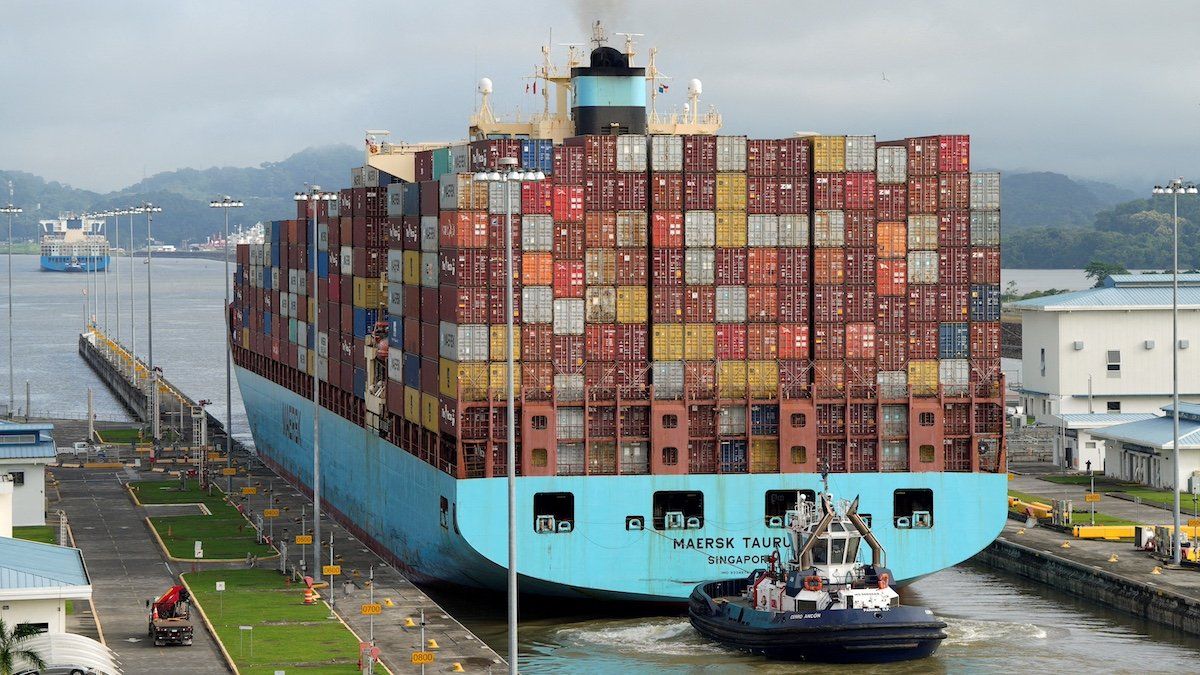Just hours after Donald Trump threatened again to take the Panama Canal in his inaugural address Monday, Panama opened a probe into a Hong Kong-based company that operates ports at both ends of the waterway.
The backdrop: The US built and opened the canal in 1914, and kept direct control of it until 1999, when it was given to Panama after years of protest against the US presence. Trump says that was a “mistake” and wants to retake it, claiming Panama “overcharges” US ships and has allowed China to exert too much influence.
Canal tolls have increased in recent years due to water shortages, but they apply equally to ships from all countries. Chinese companies are active in Panama, but there is no evidence so far of their meddling in the canal itself.
Panama says it won’t give up the canal, which handles 6% of global trade. But if Trump wants to force the issue, there’s little the tiny country could do. Probing a company based in Hong Kong, a nominally autonomous city-state that has fallen under stricter Chinese control in recent years, is a sign Panama wants to head off a bigger crisis.
Trump’s response to the probe will tell us a lot. If he’s using threats to secure preferential rates for US ships, then a peaceful resolution is possible. But if he thinks direct control is essential in a zero-sum global competition with China, then the probe won’t move him, and things could get frothier fast.
If so, the question in Panama – as in Greenland, which Trump also wants – will quickly become: What other global powers might Panama turn to for help?
